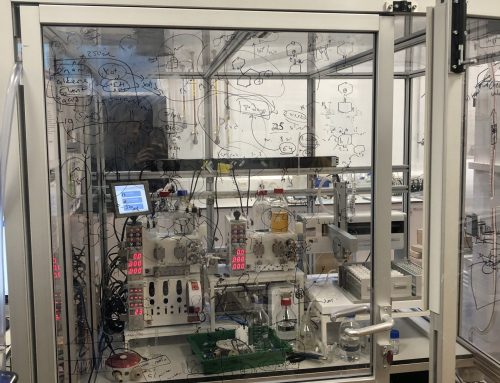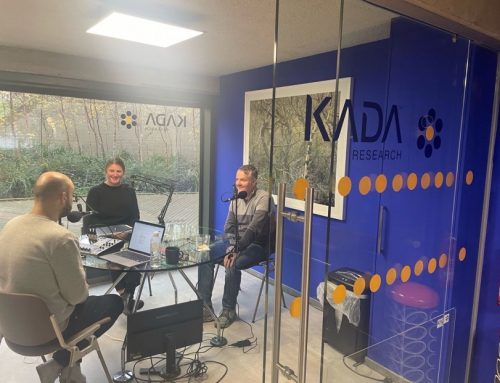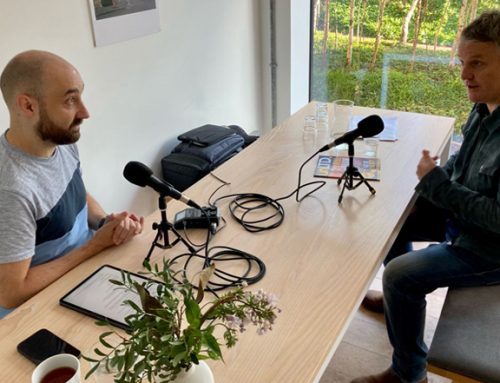By Samuel Gillan, Research Co-ordinator
Tuesday 17th March was the last time I worked in Kada’s Park Hill office. After watching the coronavirus spread across Europe and quickly move into the UK, the Kada team followed Government advice and like many others, closed the office and began working from home. From that week onwards, Kada shifted to an entirely new model of operating, with all work being strictly desk based and all communications becoming virtual. I was initially apprehensive as these changes coincided with a really busy period for us. With lots of deadlines looming I think our team felt the pressure early on, however I expected a greater level of disruption than was the case. We were able to make the transition smoothly, largely due to our cloud-based IT system, and in part due to our flexibility and agility.
Going into May and June, pressure from contracts ending eased a little and we settled into the pattern of conducting research remotely. We co-ordinate our weekly plans through a Monday morning meeting, have virtual coffee breaks and maintain open communications using Microsoft Teams and WhatsApp. Part of our work involves interviewing target groups such as small business owners, specialists and clients, and with most people now based at home, it has been fairly easy to make contact and arrange meetings at short notice. We have also still been able to deliver focus group workshops for some clients, tailoring our delivery style to produce engaging video conferences with over fifteen attendees at times. Our work involves synthesising data collected through interviews and desk research, and blending this into reports that provide concise findings, often supplemented with clear recommendations and action plans.
The isolation of remote working has reduced some distractions and allowed the Kada team to work quite effectively in producing its reports. However, we do face challenges in this aspect of our work. Tasks that require us to resolve complex problems or establish research frameworks around open ended questions can be difficult to complete alone. We would normally be able to put our heads together and breakdown problems with open communication and more dedicated time, however this has sometimes been difficult to replicate remotely. Trying to stimulate ‘group thinking time’ through a video chat whilst balancing multiple responsibilities has admittedly been challenging, but also offered learning points.
The last four months have provided lots of areas for learning and development (outside of the regular zoom quizzes we all seemed to be doing with friends early on). I think the most important area I have reflected on is effective communication. This translates into my own wellbeing and development, maintaining successful team working and continuing to deliver client facing work. Providing timely but clear messaging is vital, whether that is in explaining my understanding of a task to a colleague, or in managing expectations around deadlines for completed work. I am continually learning to take the time to think about how I want to communicate, tailor my message to the specific audience and ensure they understand what I mean.
All things considered, although these have been testing times, there have been many positive experiences that I will take into my future career. Building and appreciating trust between staff members has been invaluable for maintaining team morale, and become increasingly important when the distinction between work and home has often been blurred. Also recognising the importance of technology has been key, without it, we simply would not have been able to operate so easily.
At times, we have had to be more focused and put greater efforts into managing our work in comparison to typical office-based periods, but amongst the waves of deadlines and new work starting, we have moved through the challenges of lockdown well. As we now come into the fourth month of lockdown and the mid-summer period, we are turning our attention towards autumn priorities and new projects. Office work is being phased back in, and although this will provide new opportunities for collaboration and personal development, it is expected to come with more adjustments to our working practices. I think one certainty during this changing time is we will continue to build on our resilience as a business, and as individuals.








